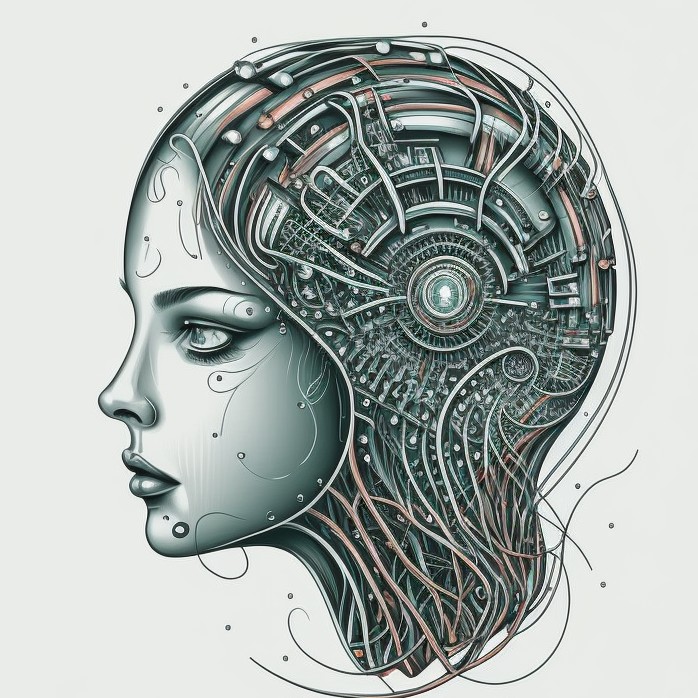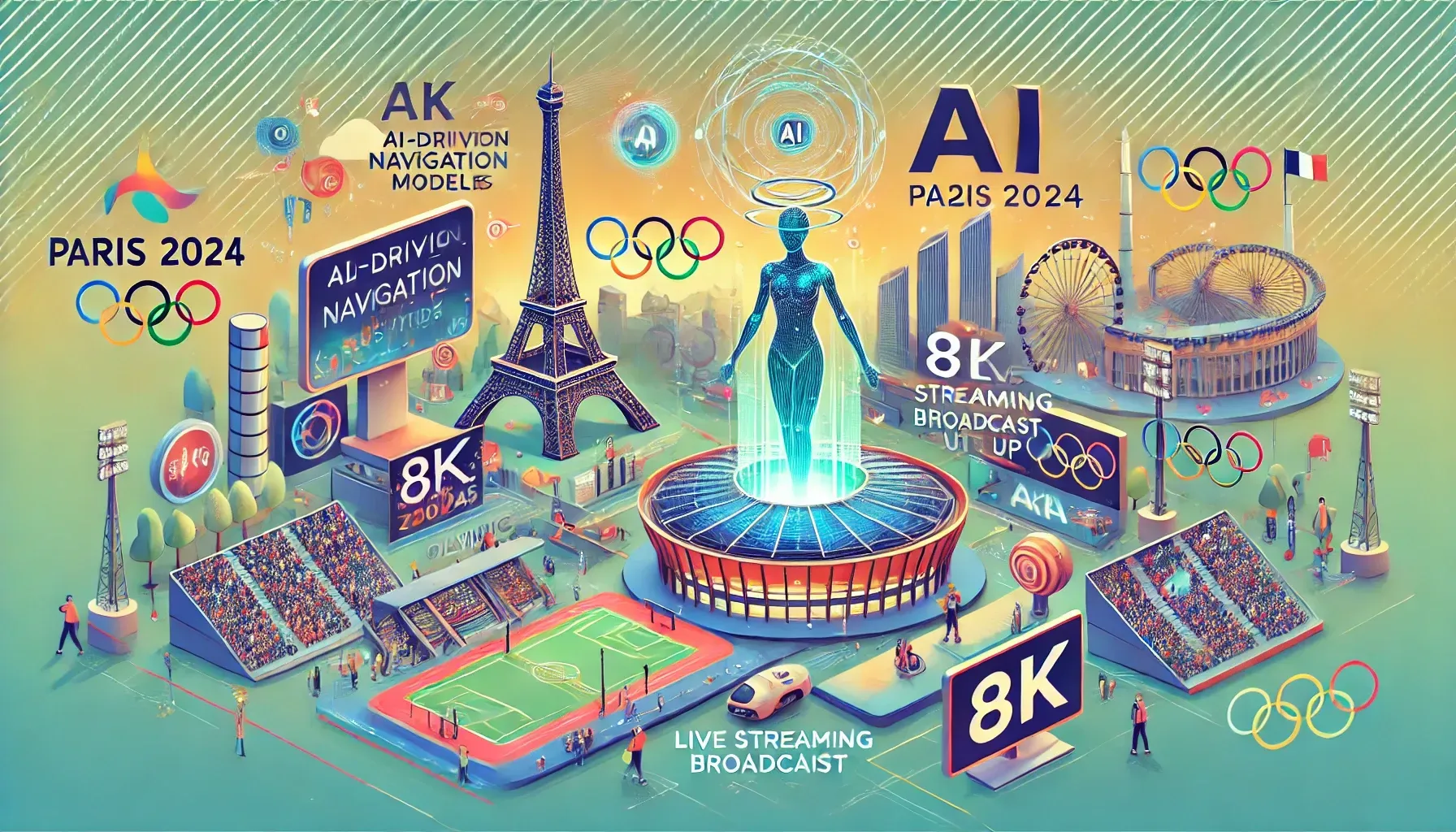The Impact of ChatGPT on Digital Transformation
The impact of these new technologies on digital transformation, with a focus on their practical applications and strategic implications

The digital transformation landscape is evolving at an unprecedented pace, with artificial intelligence (AI) and machine learning (ML) technologies playing a pivotal role. Among these, Large Language Models (LLMs) and OpenAI's ChatGPT have emerged as transformative tools, reshaping the way businesses operate and strategize. This article explores the impact of these technologies on digital transformation, with a focus on their practical applications and strategic implications.
The Rise of AI in Digital Transformation
The technology industry has seen its fair share of innovations, but few have had the transformative potential of AI and ML. With the release of ChatGPT, the world is now captivated by the potential of AI. It's not just another technology hype cycle; we are likely underestimating the profound impact this technology will have on life as we know it (1).
The integration of AI into digital transformation strategies is no longer optional; it's a necessity. As Alberto Antenangeli of Nuvalence puts it, "If your digital transformation strategy does not deeply consider the impact of AI, it's dead on arrival" (1). This sentiment is echoed across industries, with businesses recognizing the need to become software companies to compete effectively.
ChatGPT: A Game Changer in Task Performance and Strategic Planning
ChatGPT, powered by LLMs, has demonstrated its capabilities in various domains, from customer service to coding. However, its potential extends beyond task performance to strategic advice and project planning.
One of the most significant impacts of ChatGPT is its ability to perform tasks traditionally handled by humans. For instance, it can detect fraud, run call centers, validate identity, or create chatbots (1). But the real game-changer lies in its ability to reimagine business models in a world where access to cognitive human labor is nearly free and ubiquitous.
Moreover, ChatGPT can provide strategic advice and assist in project planning. It can analyze vast amounts of data, identify patterns, and provide insights that can guide decision-making processes. This capability makes it a valuable tool for digital transformation specialists, helping them devise strategies that align with emerging trends and technologies.
Real-World Applications of ChatGPT and LLMs
The practical applications of ChatGPT and LLMs are already evident in various industries. For instance, Morgan Stanley has deployed GPT-4 to organize its vast knowledge base, effectively unlocking the cumulative knowledge of Morgan Stanley Wealth Management (2). This has transformed the way the company operates, providing instant access to the knowledge of the most knowledgeable person in Wealth Management.
Another example is the use of ChatGPT in customer service. It can handle customer inquiries, provide accurate responses, and even engage in human-like conversations. This not only improves customer experience but also reduces the workload on human customer service representatives.
The Future of Digital Transformation with ChatGPT and LLMs
The integration of ChatGPT and LLMs into digital transformation strategies is just the beginning. As these technologies continue to evolve, they will undoubtedly bring about more significant changes in the way businesses operate and strategize.
However, it's important to note that the success of these technologies depends on the availability and structure of knowledge within an organization. For ChatGPT and LLMs to be effective, businesses need to ensure that their data is easily accessible and well-structured (2).
In conclusion, ChatGPT and LLMs are not just tools for digital transformation; they are catalysts for change. By harnessing their potential, businesses can not only improve their operations but also redefine their industries.
Footnotes
- AI, ChatGPT, and Rethinking Digital Transformation - Nuvalence ↩ ↩2 ↩3
- What ChatGPT and Generative AI Mean for Digital Transformation - CustomerThink ↩ ↩2
ChatGPT Prompts Hub blog



